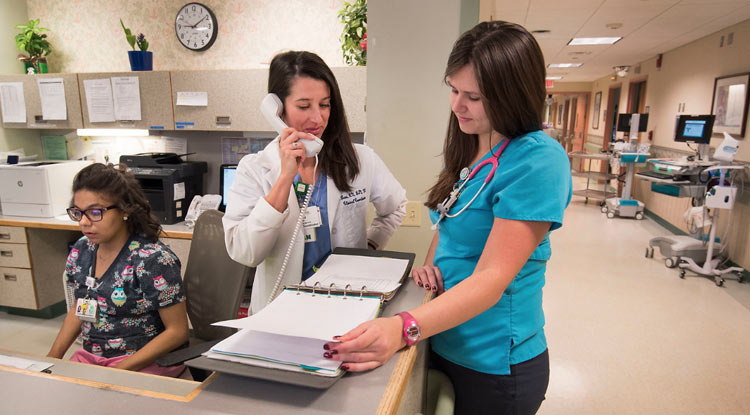Preparing Nurses for Global Healthcare Settings
Now more than ever, the world needs culturally competent, globally minded nurses. Healthcare professionals who have to deal with cultural, linguistic, and other kinds of systemic differences must know how to care for people with whom they work within or outside their local environments. Nowadays, global healthcare has become a point of emphasis in many Bachelor of Nursing (BN) curricula, whereby the graduates are trained and groomed to offer care with compassion and effectiveness irrespective of their geolocation.
The Importance of Cultural Competence
Cultural capability refers to an individual’s awareness, respect, and competence in interacting with people from a variety of cultural backgrounds. While working in a global healthcare setting, nurses encounter patients who have different understandings of health, disease, and treatment. Owing to such misunderstanding or cultural insensitivity, the patients will tend to develop unfounded mistrust, resulting in negative consequences and worsened treatment outcomes.
That is why nursing programmes invariably conduct cultural competence training as part of their curriculum. From dealing with health disparities and social determinants of health to how cultural practices play out in patient care, students are versed in these important concepts. These in turn will allow nurses to personalise their nursing approaches to every patient so that communication can flow better.
Language Skills and Communication
Language barriers arise in healthcare systems worldwide. Often, nurses will deal with patients who speak a different language and use interpreters to fill the gap. Therefore, a bachelor’s degree in nursing increasingly integrates language training with cross-cultural communication strategies to prepare students for working in such scenarios.
Some programmes provide the option of taking elective courses in commonly spoken languages such as Spanish, Mandarin, and Arabic, which are excellent assets for nurses at work in multicultural communities and international settings.
Global Health Perspectives in Nursing Education
The evolution of nursing curricula prepares students to engage themselves in international assignments. Global health subjects are added to the curriculum, which can focus on courses such as global disease control, epidemiology, health systems worldwide, and the impact of global crises like pandemics and natural disasters. These concepts help understand the ways nurses will be able to take part in global health initiatives, whether as direct care providers or as members who participate in the advocacy and/or policy-making aspect of such initiatives.
Clinical Placements Abroad
International clinical placements are one of the best ways on earth that nurse graduates can be adequately prepared for global healthcare settings. Most nursing programmes establish partnerships with organisations around the world to give their students hands-on exposure during their training in the specific countries where those programmes have a network. Students are thus exposed to different systems of healthcare services, health resource limitations, and cultural practices, which open their minds and make them more adaptable.
Shaping the Future of Global Nursing
The increasing demand for skilled nurses has increased the number of professionals who can function well in global health settings. Cultural competency and the inclusion of language training, global health education, and international clinical opportunities in Bachelor of Nursing programmes prepare students to function in diverse environments.







